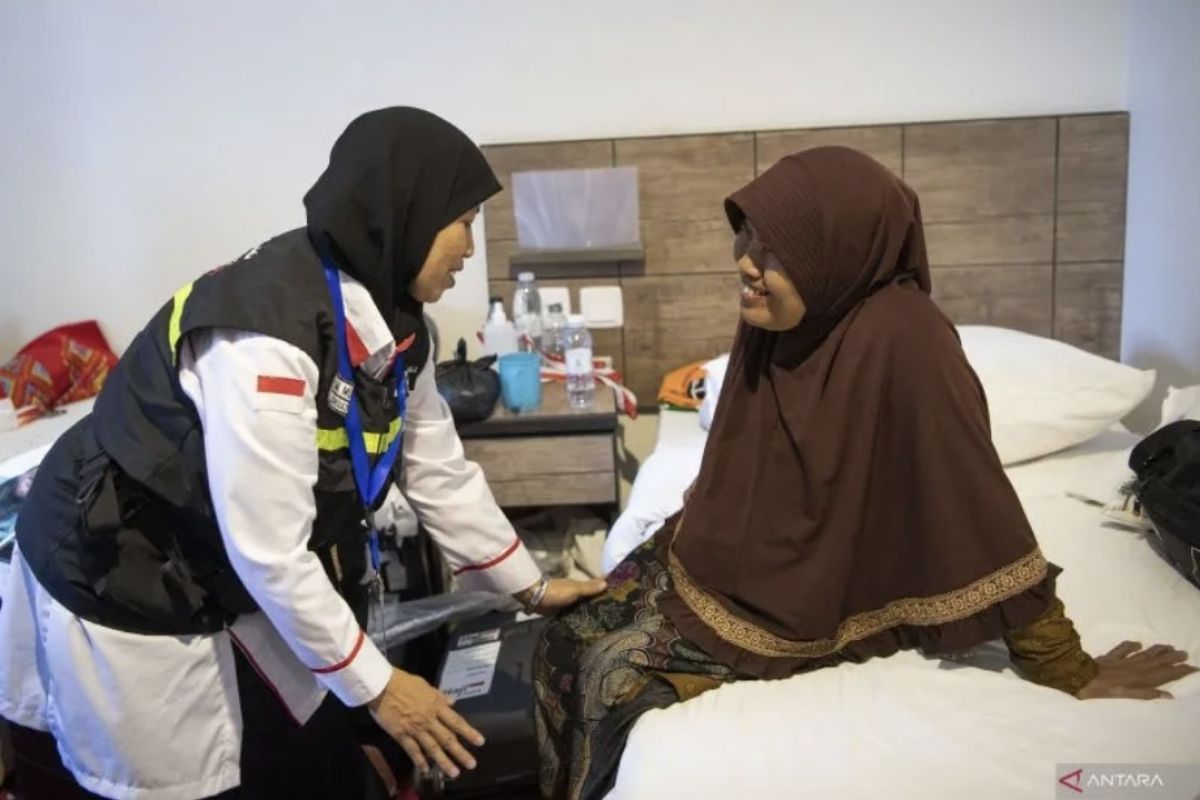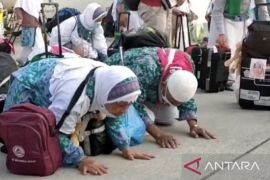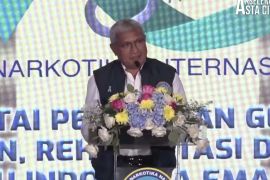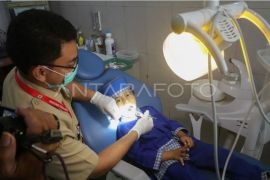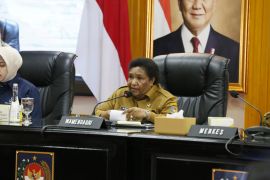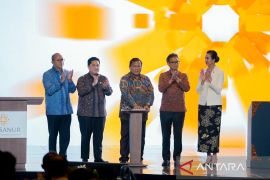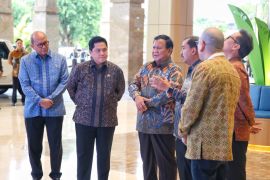Dementia is (quite) a (frequent) case among Indonesian pilgrims this year because the number of elderly pilgrims is higher than in previous years.Jakarta (ANTARA) - Medical officers deployed by the Health Ministry are using cognitive stimulation therapy to treat dementia in Hajj pilgrims aged over 60 years, who are vulnerable to the condition.
"Cognitive stimulation is carried out by interacting with the patients and inviting them to socialize," Head of the Health Department of the Hajj Organizing Committee (PPIH) M. Imran said on Tuesday.
Dementia causes a decline in the memory and way of thinking of patients, including disorientation of place and time as well as a tendency to forget people around them.
The official said that several Hajj pilgrims from Indonesia have experienced dementia.
He emphasized that dementia is one of the prominent diseases that need to be anticipated during the implementation of the 2023/1444 Hijri Hajj pilgrimage since 45 percent of 200 thousand Indonesian pilgrims are elderly and are prone to dementia.
Hence, his party has deployed a number of medical officers to provide assistance to the patients until they recover and invite them to socialize with other pilgrims to prevent the reoccurrence of dementia.
"Dementia is (quite) a (frequent) phenomenon among Indonesian pilgrims this year because the number of elderly pilgrims is higher than in previous years," Imran explained.
Pilgrims who experience dementia are immediately being brought to the Indonesian Hajj Health Clinic (KKHI) in Medina for cognitive stimulation therapy.
However, after the pilgrims recover, the officers are still monitoring their condition to anticipate further potential for dementia, which can be triggered by dehydration and fatigue.
"Elderly pilgrims are advised to get enough rest and not force themselves to do activities besides the pilgrimage rituals because (currently) the weather (in Saudi Arabia) is hot," Imran stressed.
Head of the Health Ministry’s Hajj Health Center Liliek Marhaendro Susilo appealed to all pilgrims, especially the elderly and those with high health risks, to not force themselves to do excessive physical activity.
Furthermore, his party is also encouraging healthy younger pilgrims to help monitor the condition of and provide assistance to the elderly and those with comorbidities.
"We also ask Hajj pilgrims to be aware of the hot weather in Saudi Arabia and always use personal protective equipment, such as umbrellas, masks, sunglasses, water sprays, and footwear when conducting activities outside the hotel," Susilo said.
In addition, he urged pilgrims to drink at least one glass or 200 milliliters of water per hour.
Pilgrims who have comorbid diseases have been asked to take their medication regularly, as recommended by their doctor, as well as routinely visit the nearest health officers for medical check-ups.
"If the pilgrims feel unwell, immediately tell the nearest health workers, thus they can be treated immediately," Susilo added.
Related news: Pilgrims advised against taking too many selfies in front of Kaaba
Related news: Airlines urged to be more attentive in informing Hajj flight schedules
Related news: West Papua, Southwest Papua acting governors send off Hajj pilgrims
Translator: Andi Firdaus, Uyu Liman
Editor: Azis Kurmala
Copyright © ANTARA 2023
